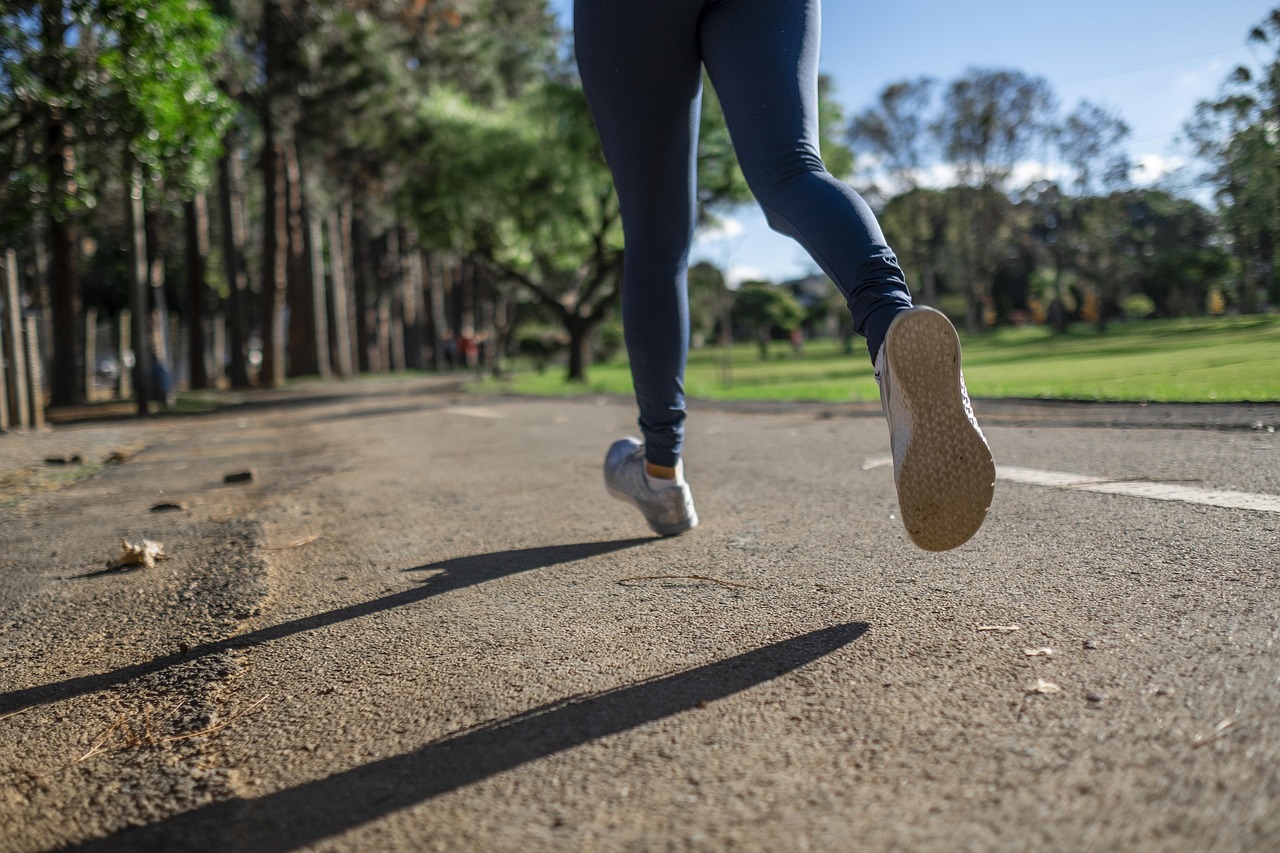News / An International Study Led by RISE-Health Reveals the Benefits of Exercise in Patients with Inflammatory Bowel Disease
Light to moderate exercise promotes, among other factors, better nutrient absorption.

A group of international researchers, led by RISE-Health, has identified a positive impact of exercising in animal models with inflammatory bowel disease, a chronic condition that causes immune and autonomic imbalances.
Patients with inflammatory bowel disease ‘may be at increased risk of developing cardiovascular diseases, such as myocardial infarction and stroke,’ according to the article.
‘Inflammatory bowel disease can be divided into Crohn’s disease and ulcerative colitis, depending on the area of the intestine in which they are diagnosed. Currently, they are diagnosed through clinical history, laboratory tests, endoscopy and colonoscopy,’ explains Moisés Tolentino Silva, a researcher at RISE-Health.
The results, published in the scientific paper entitled ‘Physical Exercise Alleviates Oxidative Stress and Autonomic Dysregulation in a Rat Model of Inflammatory Bowel Disease’, show that moderate-intensity exercise has a positive impact on patients with this condition, improving fluid retention, the sympathetic nervous system and autonomic dysfunction.
According to the study published in the journal Antioxidants, exercising has a positive impact on animal models with inflammatory bowel disease. ‘All exercise, when well guided, is beneficial for various types of diseases. In the case of this condition, exercise is beneficial at lighter and moderate intensities,’ explains Moisés Tolentino Silva (RISE-Health/ICBAS).
‘Intense exercise, on the other hand, worsens the patient’s condition, as it causes a redistribution of intestinal blood flow and, consequently, leaves the intestine more susceptible to bacterial proliferation,’ stresses the researcher.
In the view of the RISE-Health expert, to improve the outlook for inflammatory bowel disease in Portugal, it is necessary to ensure exercise and a good diet. ‘A good diet promotes good intestinal function, as it aids functionality, digestion and nutrient absorption, one of the main obstacles caused by this disease, ensuring a better quality of life for patients,’ he concludes.
The article “Physical Exercise Alleviates Oxidative Stress and Autonomic Dysregulation in a Rat Model of Inflammatory Bowel Disease” was led by Moisés Tolentino Bento da Silva, a researcher at RISE-Health and assistant professor at the Instituto de Ciências Biomédicas Abel Salazar of the University of Porto (ICBAS-UP). Paulo Correia-de-Sá (RISE-Health/ICBAS-UP), as well as Brenda Santos, Alda Silva, Juliana Soares, Bruno de Sousa Barbosa, Maisa Campêlo de Sousa, Francisco Moreira, Lucas Estevão de Sousa, Heron Silva Soares, Antônio Freitas, Francisco Leonardo Torres-Leal, and Armênio Aguiar dos Santos also contributed to this work.